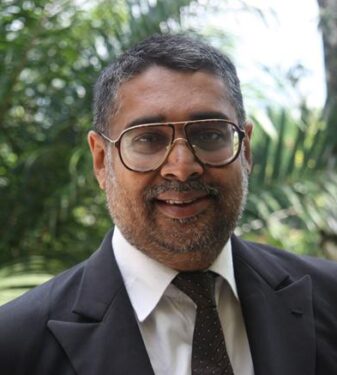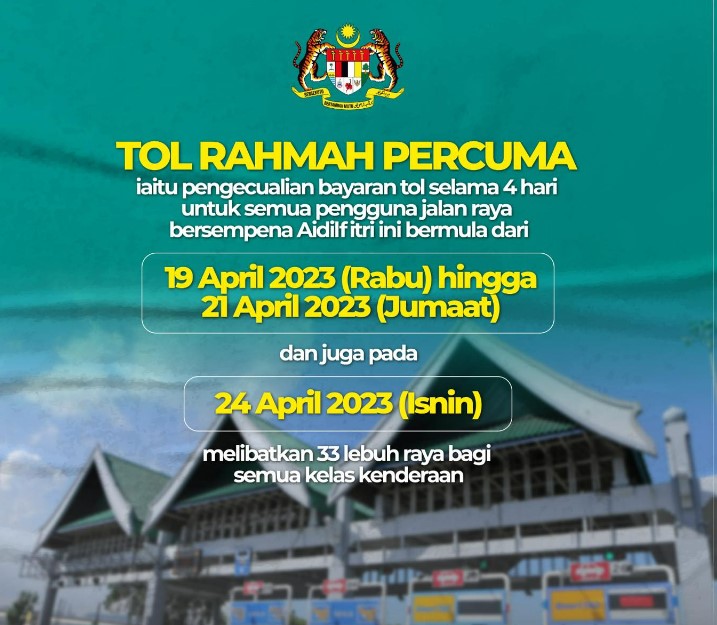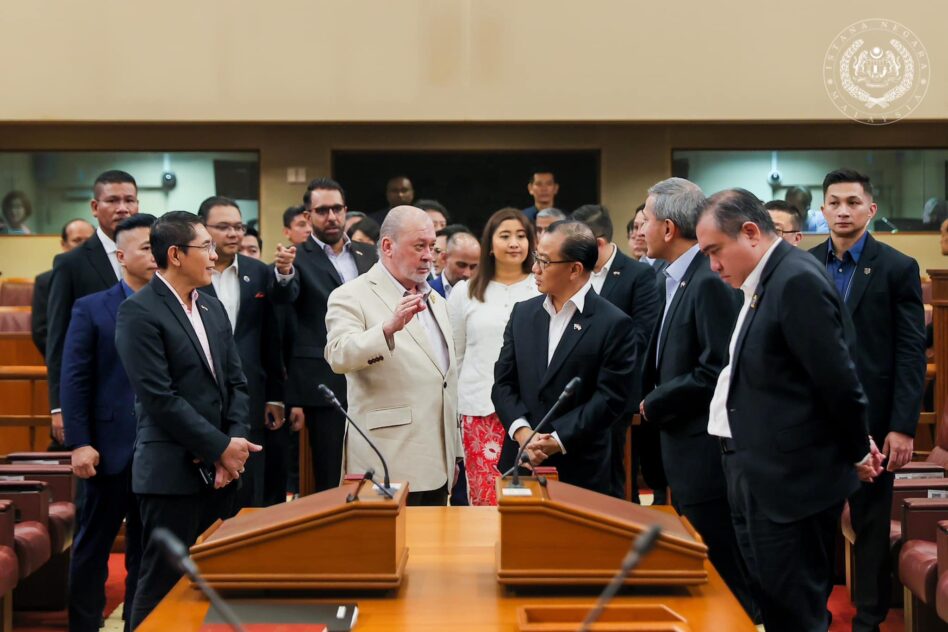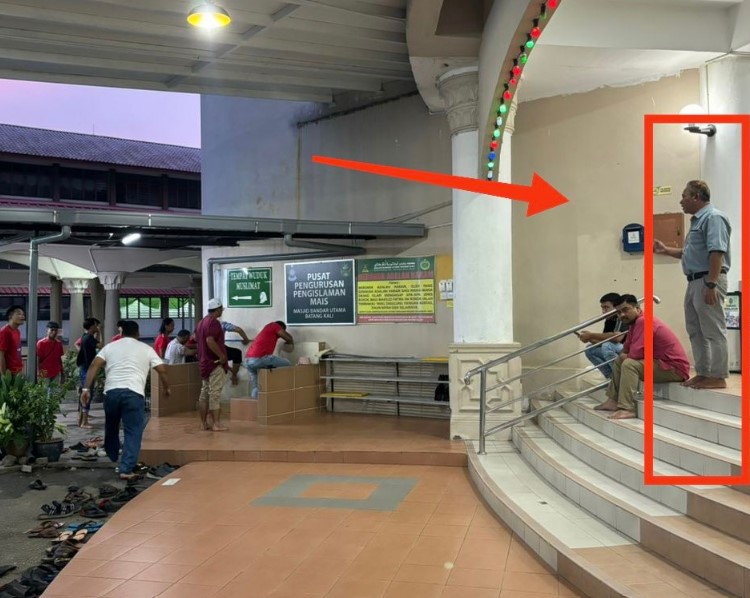WOULD any company continue to be generous with bonuses (ie year-end bonus in addition to a separate Raya bonus) or throw Raya open houses across three opposition states (Kedah, Kelantan and Terengganu) regardless of how lavish they are when they are in RM1.5 tril debt?
Likewise, human rights advocate Charles Hector is also baffled by the fact that Prime Minister Datuk Seri Anwar Ibrahim further dished out a total of four toll-free days to make this year’s Raya – the first under his unity government – a truly memorable one.
“If Anwar and the government managed to convince Malaysia’s toll operators to not collect toll for the Raya period, that would have been great,” Hector penned in his latest blog. “But now it seems that the government has to bear about RM93 mil to implement the four-day ‘Rahmah’ toll initiative.”
For the record, the nation’s debts and liabilities stand at an alarming RM1.5 tril or 82% of the gross domestic product (GDP), Anwar had outlined during one of his PM Question Time (PMQT) sessions in the Dewan Rakyat on Feb 14. That includes 1MDB’s (1Malaysia Development Bhd) debt of RM18.2 bil, he said.
Very broadly, Anwar who is also the Finance Minister noted that the government plans to tackle its rising debt levels through subsidy reduction and good governance (by plugging weak economic management and leakages) instead of imposing new, broad-based consumption taxes, notably the GST (goods and services tax).

While he understood the government’s good intention to provide special allocation to assist the B40 group or the poor during these difficult times, Hector is unable to comprehend the high wages currently earned by high-ranking civil servants.
“Previously, public sector employees did earn less compared to those in the private sector but it’s no longer the case now,” argued the lawyer who is also the co-founder of non-governmental organisation (NGO) Malaysians Against Death Penalty and Torture (MADPET).
“But today, public officers have not only high wages but a more secured regular employment and also pension at the rate of 50-60% of their last drawn salary until they die, and thereafter their spouse continues receiving pensions at a slightly lower rate until they die.”
Comparatively, Hector pointed out that workers in the private sector not only command lower wages but do not have adequate employment security.
“Many are on yearly contracts which may not be renewed. It is more and more difficult for older workers to find new employment as employers prefer younger or migrant workers (being more easily controlled and even exploited),” he observed.
“The (Human Resource) Minister has the power to require all workers to be regular employees until retirement instead of being subject to short-term contract or even to curb outsourced workers at workplaces.” – April 24, 2023










